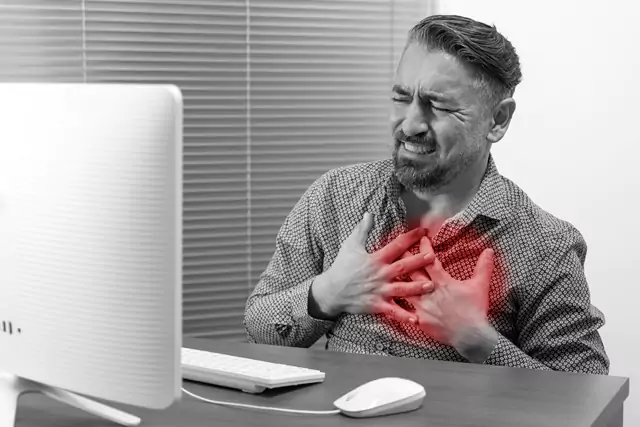
PATIENTS
Sudden Cardiac Arrest


Sudden cardiac arrest (SCA) is a critical medical emergency that occurs when the heart suddenly stops functioning, often without warning, leading to loss of consciousness and, if untreated, brain damage or death. It is primarily caused by an arrhythmia, which disrupts the heart’s ability to pump blood to vital organs.

SCA can affect anyone, regardless of age, gender, or apparent health status, including athletes. Various risk factors increase the likelihood of SCA, including:
- Coronary heart disease
- History of arrhythmias (like atrial fibrillation or Long-QT syndrome)
- Previous heart attacks
- Cardiomyopathy
- Heart failure
- Heart valve disorders
- Congenital heart defects
- Substance abuse (e.g., excessive alcohol, cocaine)
- Age
- Family history
The most common initial symptom of SCA is loss of consciousness, accompanied by the absence of a pulse. While there are often no warning signs, some may include fatigue, shortness of breath, dizziness, palpitations, or chest pain.
Immediate defibrillation is crucial for survival. For individuals at high risk of SCA, healthcare providers may recommend an implantable cardioverter-defibrillator (ICD), which is surgically placed under the collarbone to monitor and regulate heart rhythm.


